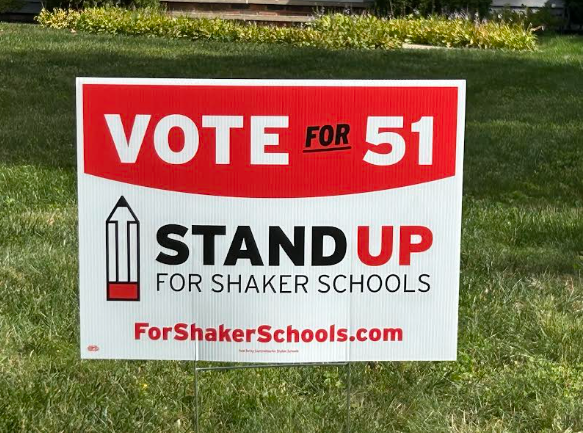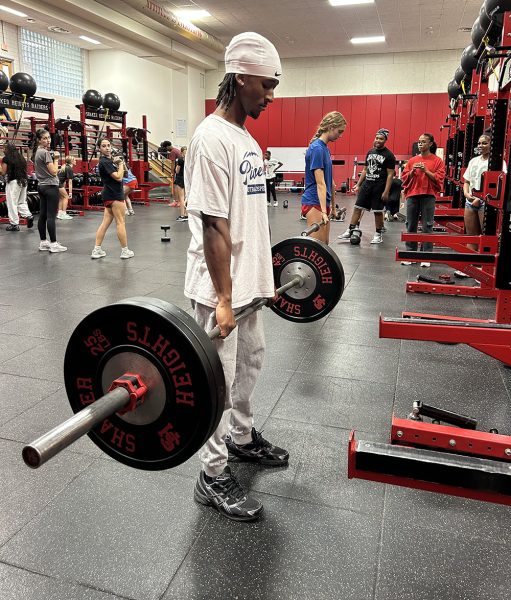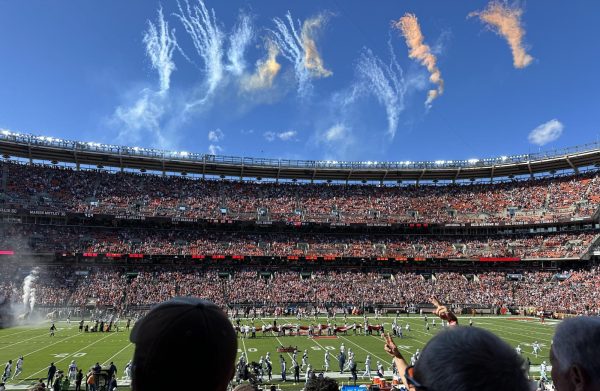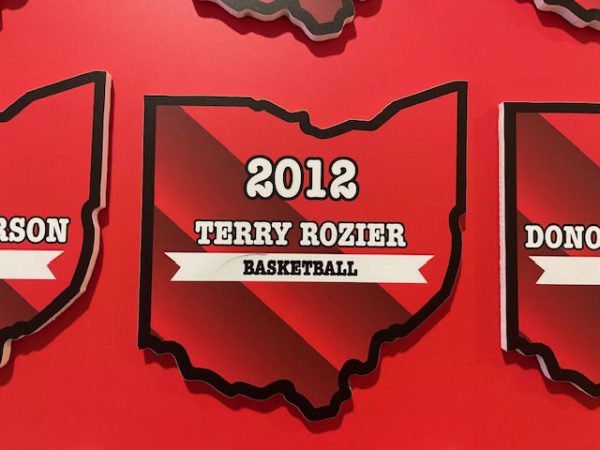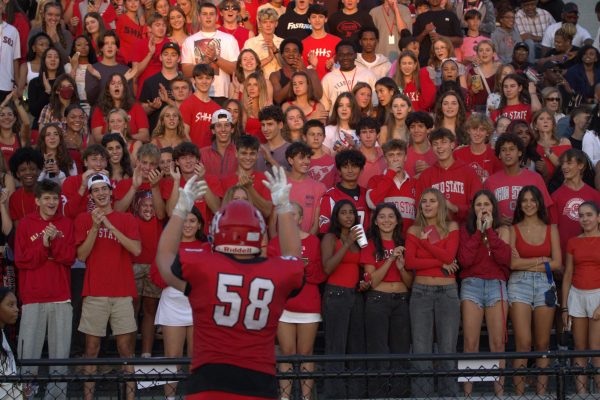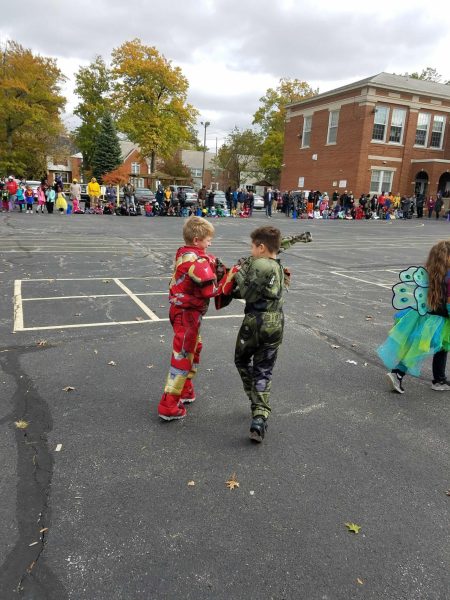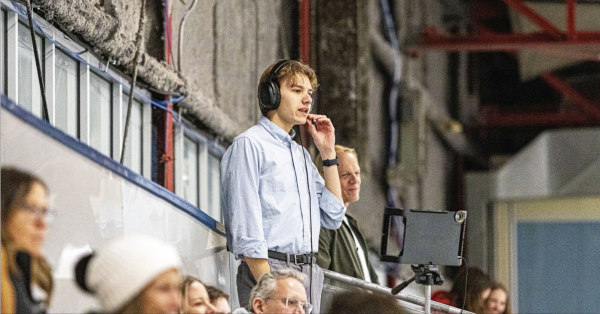Sustaining Friendships Beyond Shaker
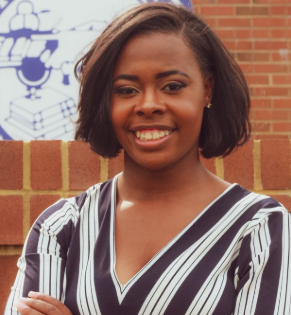
Sargeant, a 2014 Shaker graduate, was named SGORR advisor in 2019.
If you ask anyone who knows me, they know that I love Shaker Heights, Ohio. In high school I was involved in The Marching Band, Student Council, MAC Sisters, SGORR and many more. These activities and composition of Shaker generated opportunities to cross social boundaries and develop unique friendships.
Now, when I scroll through social media, I see the majority of my classmates hanging with people that look just like them. Moreover, it is rare to have a lingering high school connection from someone outside your social boundary. Often, I think, were we just doing what we were “supposed” to do in Shaker? Were these people really my friends? Were these friendships performative, so we could tell how diverse our high school was during our future endeavors?
I have some ideas to answer these questions, but then I reflect on why and how I sustained my friendship with a few friends outside of my social boundaries. Here are a few reasons:
Our parents crossed social boundaries with us.
I grew up in the Moreland neighborhood, but was bussed to Mercer for elementary school. Even though our school was diverse, there was no diversity in the neighborhoods we lived in. When I think of one of my white friends I have today, I also think of how our parents developed a deep relationship with each other. Often, we would attend each other’s church, carpool together or have family meals together. This allowed us to have a deeper relationship beyond just sharing homework and being in the same club.
We continue to cross social boundaries.
One of my closest friends, who will probably be in my wedding, is the definition of crossing social boundaries and not expecting me to assimilate to her social boundaries. I attended an all-Black university, and she did not mind exploring D.C. with my college friends or going to a Caribbean wine festival with us. These simple gestures are a great display of how she honors my culture and appreciates who I am as an individual.
We have the hard conversations.
Over the past year, I have had some hard conversations with my White friends about race relations. There were awkward moments, teary eyes and many pauses to do some self-reflection. However, during these dialogues I could tell they were my friend not because it was the “right” or “cool” thing to do. It showed me they were willing to step out of their day-to-day comfort zone to have a better understanding of the struggles their friend has. More significantly, with permission, they continued the conversations past those moments to ensure their actions were antiracist.
I may not have the entire recipe for how to sustain a relationship that crosses social boundaries beyond Shaker, but we can start with the few ingredients mentioned above. Remember, to encourage your families to cross social boundaries with you, stay committed to crossing social boundaries and embrace the difficult conversations.
A version of this article appears in print on page 59 of Volume 91, Issue I, published May 28, 2021.

